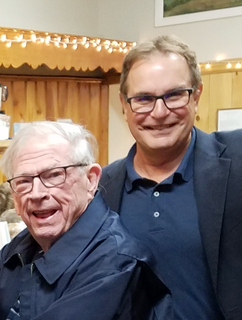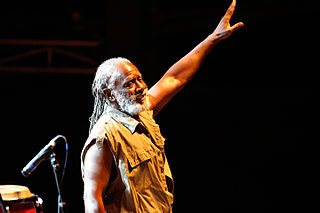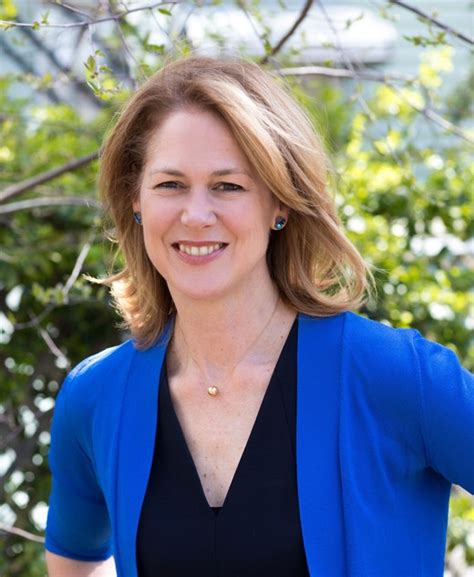A Quote by Wendy Kopp
If we're going to see sustainable results from all the other investments we're making in education, we need to build leadership capacity in each and every country.
Quote Topics
Related Quotes
It could be argued that all leadership is appreciative leadership. It’s the capacity to see the best in the world around us, in our colleagues, and in the groups we are trying to lead. It’s the capacity to see the most creative and improbable opportunities in the marketplace. It’s the capacity to see with an appreciative eye the true and the good, the better and the possible.
In Burma, we need to improve education in the country - not only primary education, but secondary and tertiary education. Our education system is very very bad. But, of course, if you look at primary education, we have to think in terms of early childhood development that's going back to before the child is born - making sure the mother is well nourished and the child is properly nurtured.
For any sport to be sustainable, it cannot survive on government or corporate grants alone. The sporting ecosystem needs more investments from businesses, and businesses need to see the returns from their investment in sport. Cricket has achieved that distinction, but I feel a country of a billion-plus people cannot remain captive to one sport.
I strongly believe in the apprenticeship model because we see in a lot of countries the local education system is not providing talent that businesses need. So it is important that there is an alignment between what the companies need and the education system, so the education system can build the right programmes.
What happens from about 1954 to the late 1980s, is that we see a huge wave of optimism that school desegregation is going to be the way to improve educational outcomes for poor children of color. And we see a consensus build on the left and in the center that this is going to be a transformative education movement like none other we've seen in American history.



































